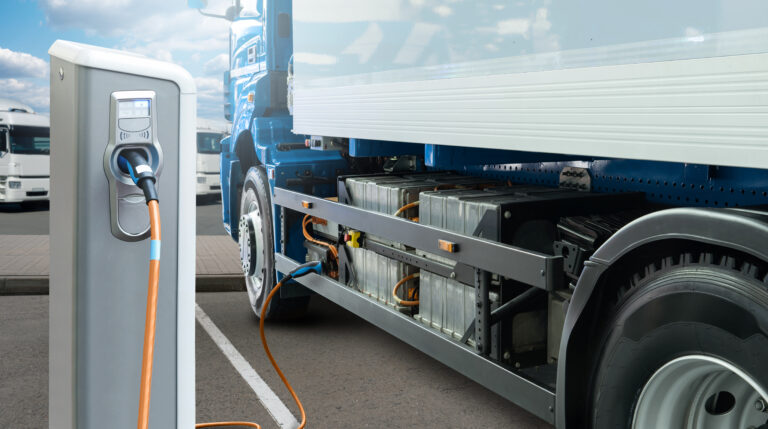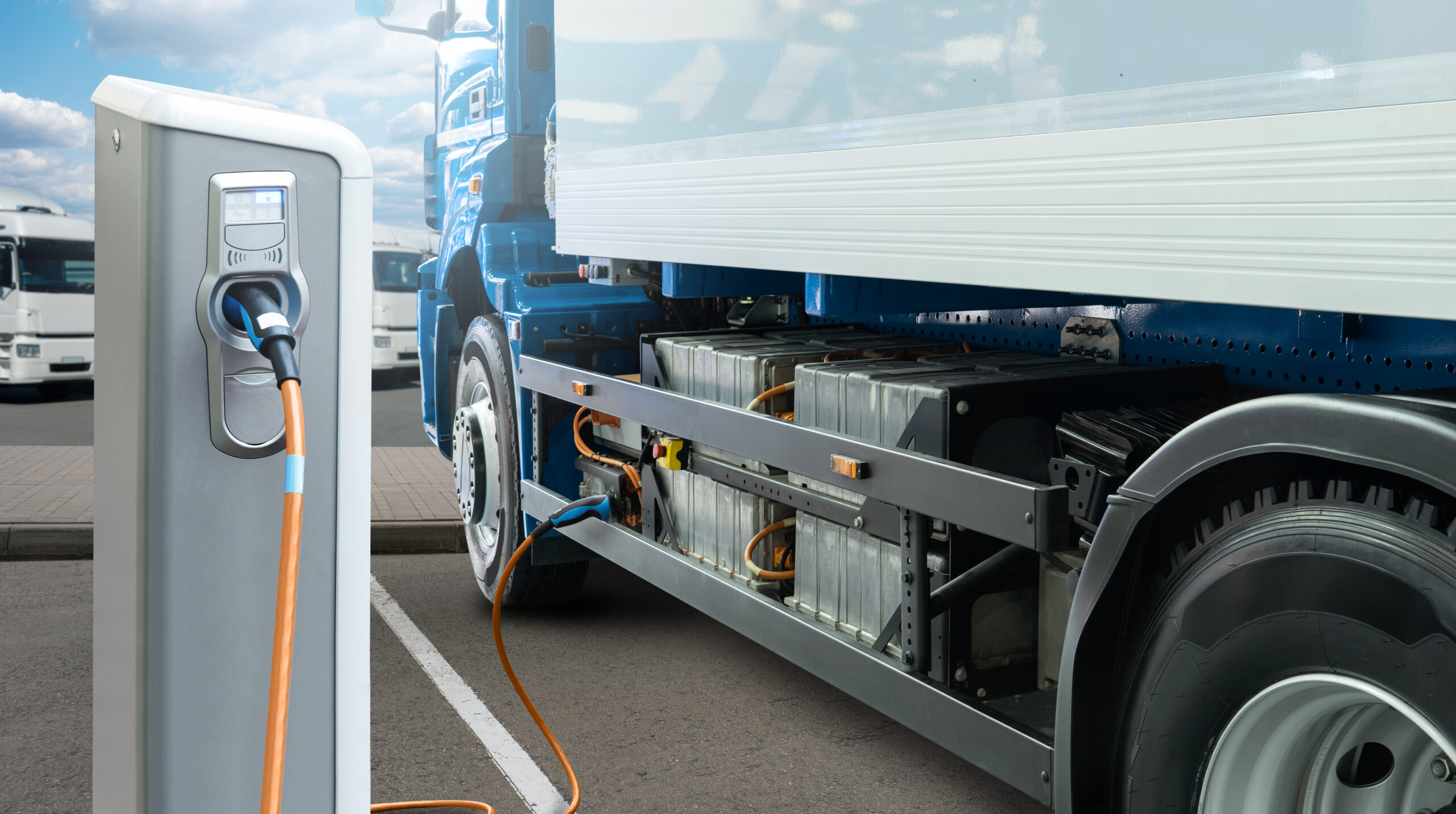
At a time when environmental issues are extremely prevalent, transportation plays a pivotal role as a vital part of modern life and a significant factor in sustainability issues. As roads grow congested and carbon emissions increase, finding eco-conscious practices within the transportation industry has become a necessity instead of an added bonus. This is where the concept of fleet route optimization emerges as a solution to address both environmental challenges and efficiency demands of the transportation industry.
The average truck driver drives 125,000 miles every year, consuming large amounts of fuel and emitting excessive amounts of pollutants. For companies with multiple vehicles, the amount of fuel expenses and environmental impact can be significant. Using solutions like route optimization software provides companies with access to more intelligent routes, ensuring that every mile traveled has the smallest environmental and economic impact.
The Significance of Sustainability in Fleet Management
Sustainability is important in every industry but it is imperative in the trucking industry, a large contributor to greenhouse gas emissions. Sustainability is about creating a better future for our environment and our children. In the trucking industry, this means making choices that keep things moving today without jeopardizing tomorrow.
The transportation industry is accountable for 27% of all greenhouse gas emissions. Vehicles on the road spew out carbon emissions and air pollutants every day with their long routes and large fuel tanks, contributing to climate and air quality issues.
Route optimization is a solution that can revolutionize current practices. Route optimization software strategically plans the most efficient routes for companies, resulting in decreased instances of idling and stops, while minimizing fuel consumption for vehicles.
Environmental Benefits of Fleet Route Optimization
Fleet route optimization isn’t just about finding the fastest route from point A to point B, but it is a strategic approach to route planning that can help reduce carbon emissions and promote a more fuel-efficient operation.
Through mathematical and AI algorithms, route planning software minimizes unnecessary mileage and optimizes fuel consumption. This streamlined strategy not only conserves fuel but also curbs the release of excess pollutants into the atmosphere, combating the carbon overload responsible for driving climate change.
Route optimization also increases efficiency within your company. Fleet routing software is constantly scanning and updating new routes so drivers can avoid traffic delays that increase idle and delivery times. This allows your drivers to get to their destination as quickly as possible, increasing customer satisfaction, as well as reducing idling. Every optimized mile contributes to the broader efforts to help the planet.
Implementing Eco-Friendly Practices
In addition to implementing fleet route optimization software, companies can make other tactical changes to become more environmentally friendly and reduce the transportation industry’s impact on the environment.
Embracing Electric
One key strategy fleets can adopt is transitioning from conventional gasoline vehicles to hybrid or electric vehicles. Hybrid and electric vehicles cut emissions down to almost nothing, relying on clean electricity instead of fossil fuels. This shift aligns with a future where sustainable vehicles are the norm, not the exception. It is worth getting ahead of the trends and looking to hybrid trucks, weighing out costs and benefits.
Fueling Change
Another avenue fleets can consider exploring is fuel alternatives. Fleets can utilize these options to benefit both the environment and their bottom line. Biofuels, like biodiesel and ethanol, are renewable and produce fewer greenhouse emissions than traditional gasoline. Compressed Natural Gas (CNG) is a cleaner-burning fuel that can help fleets save money as a cheaper option compared to gasoline or diesel. These alternatives allow fleets to simultaneously contribute to environmental sustainability and reduce fuel costs over time.
Keeping It Efficient
Regular vehicle maintenance checks are another way to ensure that vehicles are running smoothly and don’t emit excess pollutants into the environment. By conducting regular maintenance checks, fleet operators can identify and address issues such as engine inefficiencies or exhaust system problems promptly. This proactive approach not only enhances vehicle performance but also helps to minimize harmful emissions, contributing to a cleaner environment. Additionally, well-maintained vehicles operate more efficiently, saving on fuel consumption and maintenance costs.
By embracing these practices, fleet managers can increase sustainable efforts across their company while simultaneously saving money.
Overcoming Challenges and Considerations
In the pursuit of making your fleet more sustainable, numerous challenges can emerge. Upfront costs of new technologies like routing software can have expensive upfront costs that discourage implementation. While true, fleet management tools like route optimization software are designed to optimize an ROI, making implementation a profitable investment. Another issue that may arise is the lack of infrastructure in some areas. Eco-friendly infrastructures like charging stations are not always widely available, especially for trucks traveling through small towns, so switching to electric is not always a possibility. It is important for companies, especially large companies with influence, to work with local governments and energy providers to make charging stations readily accessible in lots of areas. While it can be challenging to become more sustainable, the long-term benefits far outweigh the initial difficulties.
Moving Forward
Fleet route optimization is a great way for businesses to improve their impact on the environment in addition to saving time and money. Choosing the greener solution isn’t just good for your business, it is a step forward for everyone. Every optimized route reduces the impact on the environment, making a small but impactful difference.
Contact us to learn more about how route optimization can help your business!







